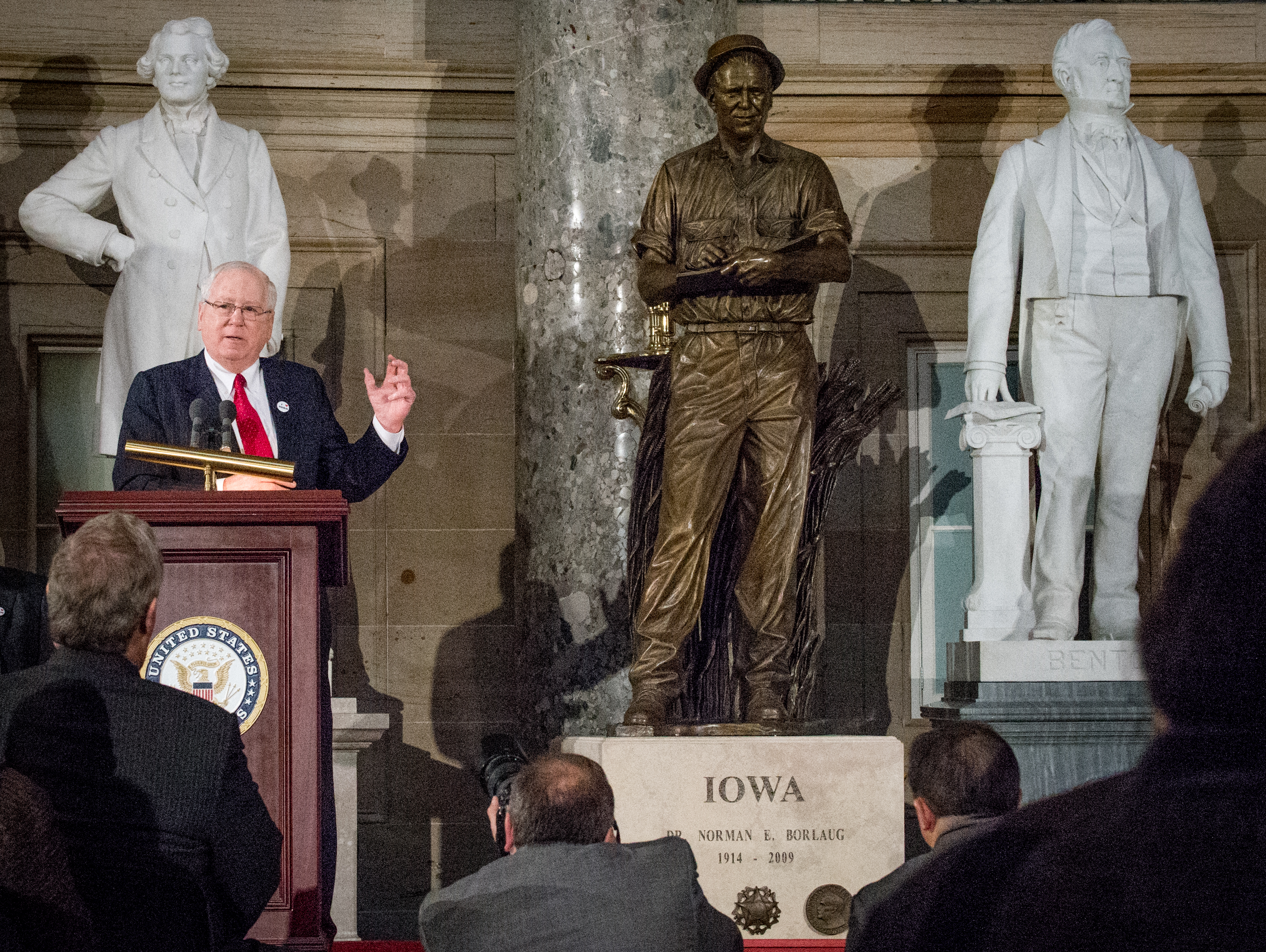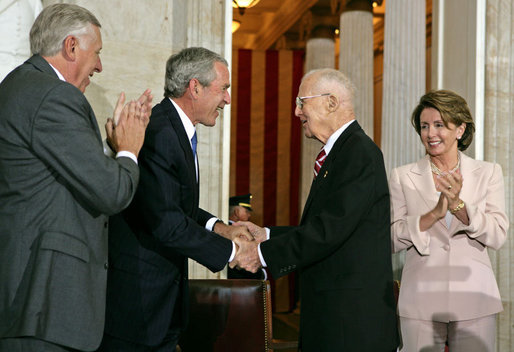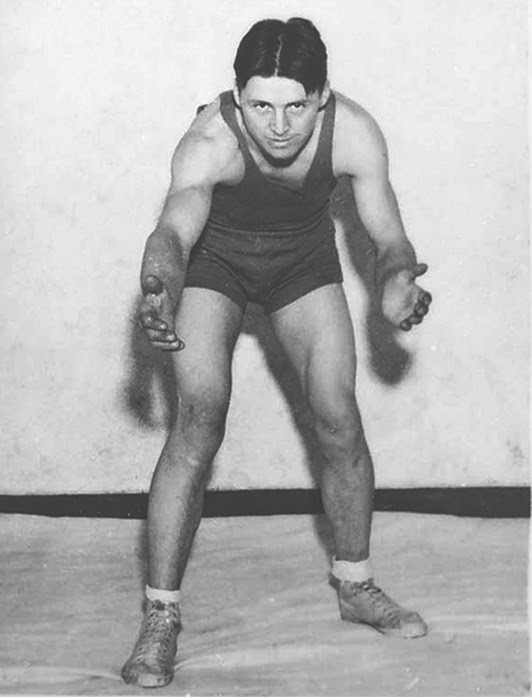Borlaug, Norman E. 1914-2009
Enlarge text Shrink text- Loegering, W. Q. Contribution of [the] International spring wheat rust nursery to human ... 1963.
- Feeding a world of 10 billion people, 2003:CIP t.p, (Norman E. Borlaug)
- Biog. resource center, Feb. 25, 2008(Norman Ernest Borlaug; b. Mar. 25, 1914, Cresco, Iowa; Ph. D., University of Minnesota, 1941; dir., wheat research and production program, International Maize and Wheat Improvement Center and associate director, Rockefeller Foundation, 1964-1983; retired 1983; Nobel Peace Prize, 1970; National Medal of Science for Biological Sciences, 2004; Congressional Gold Medal, 2007)
- New York times WWW site, Sept. 14, 2009(in obituary published Sept. 13: Norman E. Borlaug; b. Norman Ernest Borlaug, Mar. 25, 1914, near Saude, Iowa; d. Saturday night [Sept. 12, 2009], aged 95; plant scientist who did more than anyone else in the 20th century to teach the world to feed itself and whose work was credited with saving hundreds of millions of lives)
Norman Ernest Borlaug (; March 25, 1914 – September 12, 2009) was an American agronomist who led initiatives worldwide that contributed to the extensive increases in agricultural production termed the Green Revolution. Borlaug was awarded multiple honors for his work, including the Nobel Peace Prize, the Presidential Medal of Freedom and the Congressional Gold Medal, one of only seven people to have received all three awards. Borlaug received his B.S. in forestry in 1937 and PhD in plant pathology and genetics from the University of Minnesota in 1942. He took up an agricultural research position with CIMMYT in Mexico, where he developed semi-dwarf, high-yield, disease-resistant wheat varieties. During the mid-20th century, Borlaug led the introduction of these high-yielding varieties combined with modern agricultural production techniques to Mexico, Pakistan, and India. As a result, Mexico became a net exporter of wheat by 1963. Between 1965 and 1970, wheat yields nearly doubled in Pakistan and India, greatly improving the food security in those nations. Borlaug is often called "the father of the Green Revolution", and is credited with saving over a billion people worldwide from starvation. According to Jan Douglas, executive assistant to the president of the World Food Prize Foundation, the source of this number is Gregg Easterbrook's 1997 article "Forgotten Benefactor of Humanity." The article states that the "form of agriculture that Borlaug preaches may have prevented a billion deaths." Dennis T. Avery also estimated that the number of lives saved by Borlaug's efforts to be one billion. In 2009, Josette Sheeran, then the Executive Director of the World Food Programme, stated that Borlaug "saved more lives than any man in human history". He was awarded the 1970 Nobel Peace Prize in recognition of his contributions to world peace through increasing food supply. Later in his life, he helped apply these methods of increasing food production in Asia and Africa. He was also an accomplished wrestler in college and a pioneer of wrestling in the United States, being inducted into the National Wrestling Hall of Fame for his contributions.
Read more on Wikipedia >
 Personality
Personality








